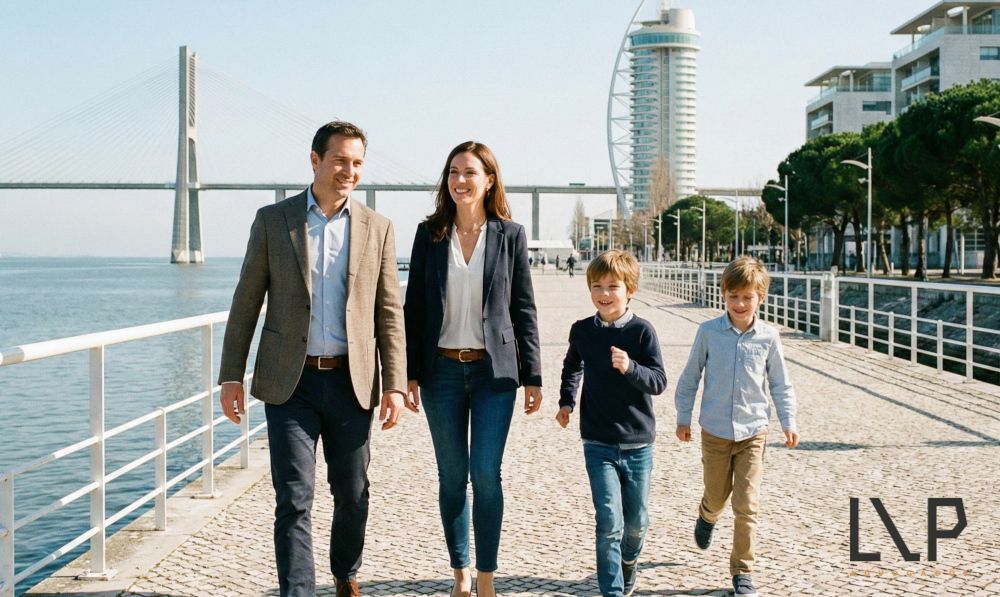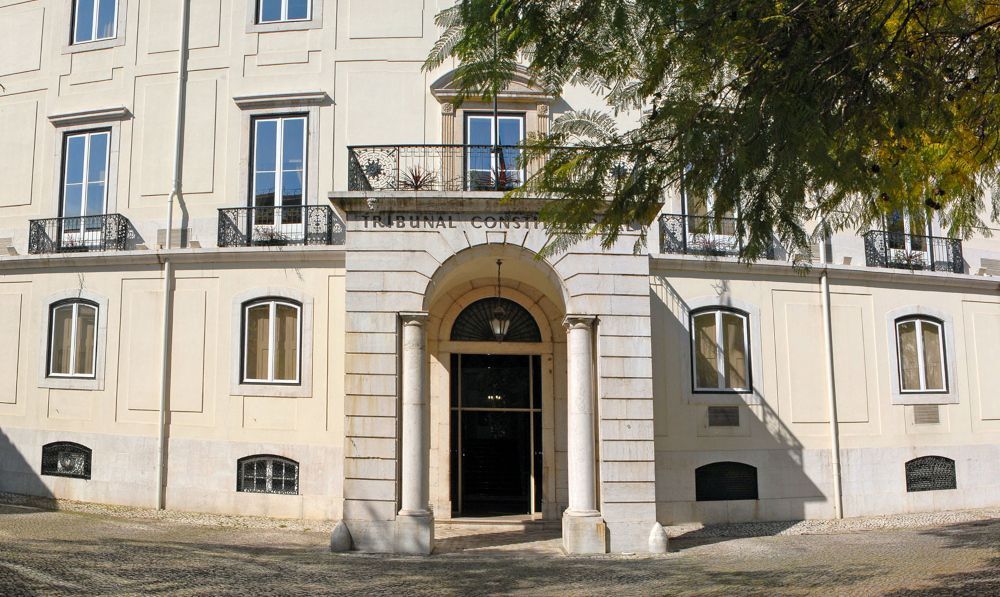I am resident of Portugal, and I just had a baby, what is the baby's citizenship?

Madalena Viana Pedreira | Lawyer
There are currently three ways to obtain the Portuguese citizenship: by simply declaring that you want it given certain circumstances, through adoption, and by naturalization.
The third way – naturalization - is the most common amongst foreigners who choose Portugal to live, to develop their work and to grow their family.
Foreign adults who move to Portugal are eligible for citizenship by naturalization after being legal residents of the country for 5 years. The 5-year term started counting from issuance of the first residence card, however, due to recent changes in the law, the 5-year term starts counting from the moment of application, saving the applicants the time spent waiting for their application to be processed and approved, which in some cases can come up to 2 years.
What about their children, who were born in Portugal?
The law consents that minor children, who are 15 years old or younger, born in Portugal, whose parents are foreigners, apply for citizenship by naturalization, as long as one of the following conditions are fulfilled:
- One of the parents resides in Portugal, independently on the residence card or title, for at least the five years immediately previously to the application; or
- One of the parents has legal residence in Portugal;
- The minor child goes or went to school, in Portugal, for at least one year.
For the children who are 15 years old or younger, the requirements are:
- Born in Portugal; and
- Foreign parents; and
- One of the above conditions is fulfilled: (the conditions listed in bullet points).
For the children who are 16 or 17 years old, the requirements are:
- Born in Portugal; and
- Foreign parents; and
- Have not been convicted by with; and
- Have not been sentenced to a prison sentence of 3 years or more; and
- Do not constitute a danger or threat to national defense and security; and
- One of the above conditions is fulfilled: (the conditions listed in bullet points).
Firstly, it should be noted that this application must be submitted by the child´s parents, legal representative, or legal guardian. It is now possible that lawyers and solicitors submit these applications by electronic means and be notified by the Registry Office in the same way. Also, the inquiries regarding process status will also be available online.
Some questions may arise regarding the documents to be submitted.
For the children who are 15 years old or younger, the required documents are the birth registration, proof that one of the child´s parents was residing in the country legally, with a residence permit, or, in the other case, that has been living in the country for the 5 years previously to that request, or that the child is attending or has attended school.
For the children who are 16 or 17 years old, the documents required are the same as listed above for minor children, but also the certificate of criminal record.
If you require further information on how to obtain Portuguese citizenship for your children, please feel free to contact
Madalena Viana Pedreira. She will be delighted to assist you with the necessary information.










